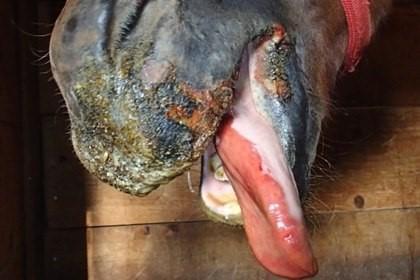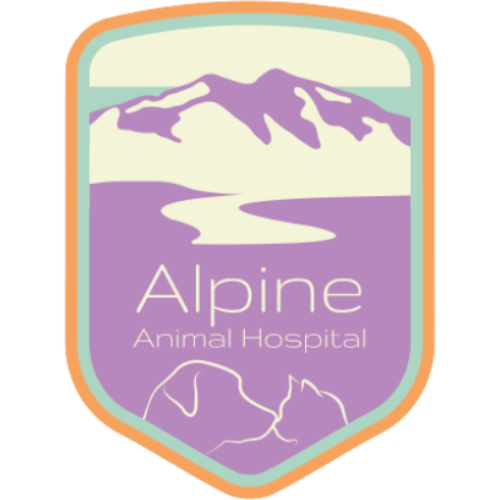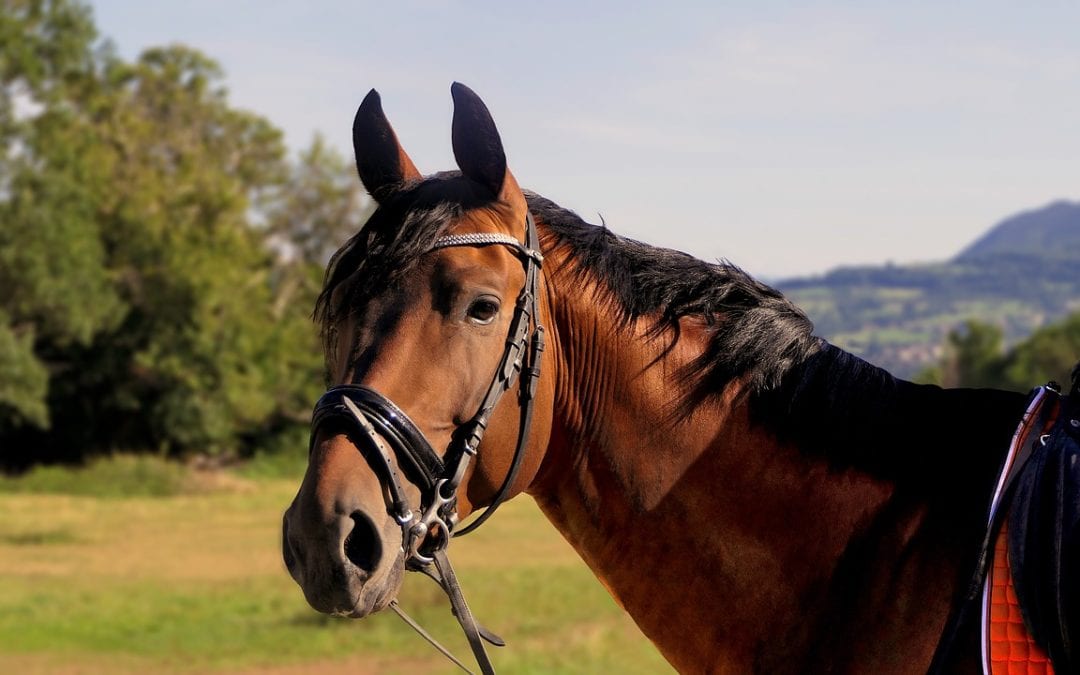by Jolee Stegemoller
There has been an outbreak of Vesicular Stomatitis in horses on the Western Slope this year. It sounds like a very scary disease because it involves a quarantine and inspection from the state veterinarian, but what exactly is Vesicular Stomatitis?
Vesicular diseases are those that start with a fever and then cause blistering (vesicles) on the mouth, lips, around the nose, teats, and hooves. VSV is a reportable disease meaning whenever a case is suspected, the state veterinarian must be called. Antibody tests are done to determine the cause of the clinical signs in the horse and confirm a diagnosis. Usually, infected animals do not die, but the blisters can cause lameness and may make the horse very sore in the mouth and unwilling to eat.
There is thought that flying insects are involved in spreading the virus. Fluid from ruptured vesicles are thought to be infectious. When a diagnosis is confirmed, the animals must be quarantined for 21 days after the lesions have healed. There are no exemptions to the quarantine and it is strictly enforced.
Excessive drooling is usually the first noticed sign. A fever often accompanies the disease, and then, of course, the blisters. Horses may lose weight because of their reluctance to eat or drink so supportive care with fluids and nasogastric feedings (food fed through a tube passed through the nose) may be needed to prevent colic or death. There is no specific treatment for this disease because it is caused by a virus. Supportive care is used to help horses through the infection.

If you suspect your horse could have vesicular stomatitis, call Alpine Animal Hospital immediately and separate the affected horse out of the herd. To help prevent outbreaks, it is recommended that horses have health certificates when traveling to shows as we look for signs of vesicular stomatitis prior to signing a health certificate. Using good fly control is also advised. For more information on Vesicular Stomatitis, please call Alpine Animal Hospital or visit www.aphis.usda.gov.

